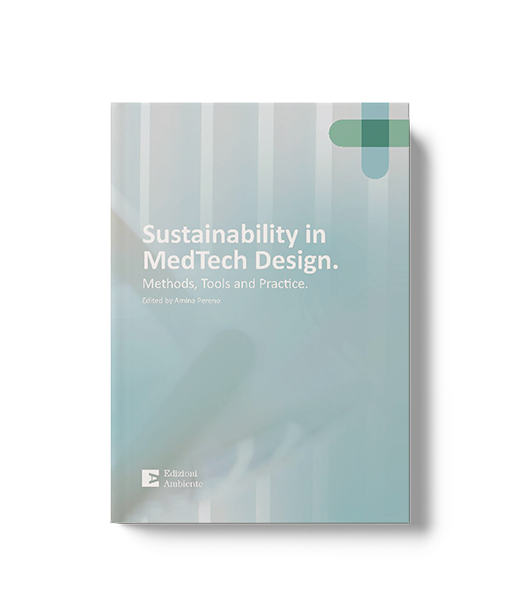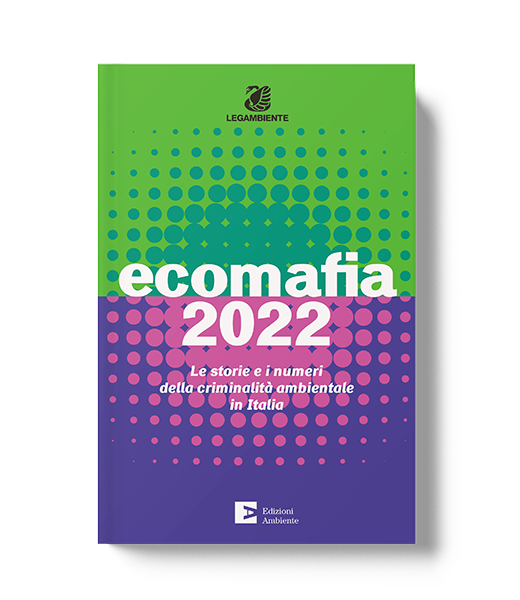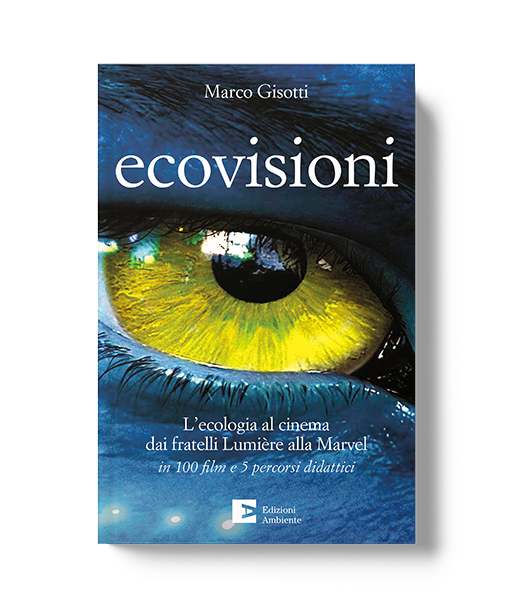
The effects of climate change on human health are gaining attention worldwide. Healthcare systems suffer these impacts while being responsible for 4.4% of global CO2 emissions: new sustainable solutions are urgently needed. MedTech is a key industry to drive this transition. However, has not been targeted with sustainability demand to the same extent as manufacturing industries in other sectors. This has been changing in recent years and the current pandemic has further sharpened the concerns of EU health systems for their environmental impacts. The demand for green procurement, sustainable products/services, and higher environmental standards is set to increase dramatically.
This book provides knowledge and tools for MedTech professionals seeking an in-depth understanding of the sector through the lens of sustainability. It presents a broad panorama of topics, including sustainable product development, governance and business strategies, and circular economy. It also provides practical insights and tangible strategies for designers and managers to embrace emerging trends in sustainable medical technology, enabling them to navigate the evolving industry landscape.
Authors
Silvia Barbero, Hjalmar Bardh Olsson, Izabela Czeremcha, Daniel Eriksson, Eugenio Mimosi, Amina Pereno
Gli effetti dei cambiamenti climatici sulla salute umana sono oggetto di una crescente attenzione a livello globale. I sistemi sanitari subiscono questi impatti e al contempo sono responsabili per ben il 4.4% elle emissioni globali di CO2: l’innovazione sostenibile nel settore è urgente. L’industria MedTech può giocare un ruolo chiave in questa transizione. Tuttavia, la richiesta di soluzioni biomedicali sostenibili è stata carente negli anni, se comparata ad altri settori manifatturieri. Questa situazione è cambiata negli ultimi anni e la recente pandemia ha ulteriormente accentuato le preoccupazioni dei sistemi sanitari europei verso il proprio impatto ambientale. La richiesta di prodotti e servizi sostenibili e di standard ambientali più stringenti è destinata ad aumentare rapidamente.
Questo libro si propone come uno strumento per i professionisti del settore MedTech che desiderano approfondire la conoscenza del settore attraverso la lente della sostenibilità. Il volume affronta molteplici argomenti, tra cui la progettazione e sviluppo di prodotti sostenibili, la governance e le strategie aziendali per la sostenibilità e l'economia circolare. Fornisce inoltre spunti pratici e strategie concrete a progettisti e manager per affrontare i trend di sostenibilità emergenti nel campo MedTech.
Autori
Silvia Barbero, Hjalmar Bardh Olsson, Izabela Czeremcha, Daniel Eriksson, Eugenio Mimosi, Amina Pereno
Introduction
1. Design for better health and care: towards sustainable healthcare
1.1 Strategies and balances in the healthcare sector1.1.1 A new approach to healthcare
1.1.2 Stakeholders' roles in the healthcare sector
1.2 Healthcare and sustainability: a new combination
1.2.1 Some facts: the socio-environmental impact of the health sector
1.2.2 Sustainable Healthcare in the European framework
1.2.3 Sustainability drivers in healthcare
1.3 Building professional competences in sustainable healthcare
1.3.1 Job and skills transition in a sustainable healthcare scenario
1.3.2 Sustainability training goals and contents
2. Sustainable and circular healthcare
2.1 Sustainability and sustainable healthcare
2.1.1 Sustainability in healthcare
2.1.2 The UN Sustainable Development Goals (SDGs)
2.1.3 Sustainable Development Goals and circular economy
2.2 Basics of circular economy
2.2.1 The untenability of current linear models
2.2.2 Principles of ‘circularity'
2.2.3 A sustainability transition towards a circular economy
2.3 Circular Healthcare and circular MedTech
2.3.1 Barriers to the circular economy in the MedTech sector
2.3.2 A road map for a circular healthcare industry
2.4 Key environmental and social aspects in sustainable healthcare
2.4.1 A few key environmental topics
2.4.2 Social issues
3. A path to sustainability through MedTech product development
3.1 Introduction to Sustainable Design in healthcare
3.1.1 From EcoDesign to design for sustainability
3.1.2 Circular Product Design in MedTech
3.1.3 Sustainable MedTech product development
3.2 MedTech product and packaging strategies
3.2.1 Design for reduction
3.2.2 Design for the life cycle
3.2.3 Packaging strategies
3.3 Social implications of production
3.3.1 The effects of production on local and global local society
3.3.2 Health risks of products and production
3.3.3 Material selection
3.3.4 Working environments
3.3.5 Risk assessment
3.3.6 Social work environment
3.3.7 Managing the supply chain
3.3.8 Working environment in supply chains
3.3.9 Supplier code of conduct
Industry perspective on sustainable MedTech design:Insights from the BioPmed cluster (Italy)
4. Sustainability strategies in MedTech businesses
4.1 Designing complex MedTech systems
4.1.1 MedTech as a complex system
4.1.2 An introduction to systemic design
4.1.3 Systemic design for MedTech manufacturing
4.2 New circular business models in MedTech
4.2.1 An introduction to circular business models
4.2.2 Circular business model for the medical device industry
4.3 Including sustainability in business strategies
4.3.1 Sustainability in business strategy
4.3.2 Business intelligence and change
4.3.3 Governance and implementation
Industry perspective on sustainability strategies in the MedTech:Insights from the MedSilesia cluster (Poland)
Conclusions: future perspectives in MedTech design
Authors' biographies
| Uscita: | maggio 2023 |
| ISBN: | 9788866273813 |
| Pagine: | 144 |
| Formato: | 17x24 |
| Stato: | pubblicato |
Amina Pereno
È dottore di ricerca in Management, Produzione e Design presso il Politecnico di Torino con una tesi sul Design per la sostenibilità ambientale dei processi e dei sistemi sanitari. È ricercatrice presso il Politecnico di Torino (Dipartimento di Architettura e Design). Ha inoltre svolto attività di ricerca con la Fondazione ISI (Progetto...
Potrebbe interessarti anche





